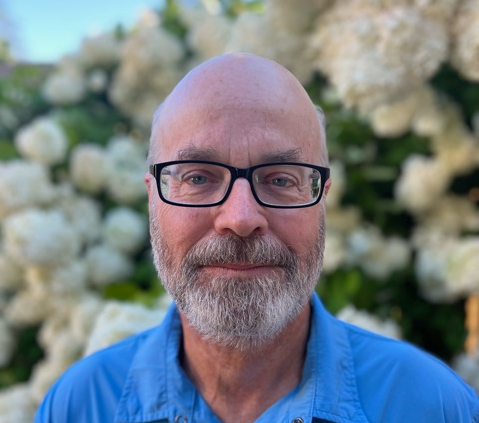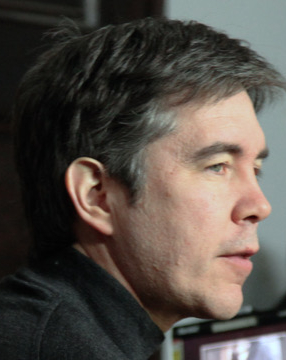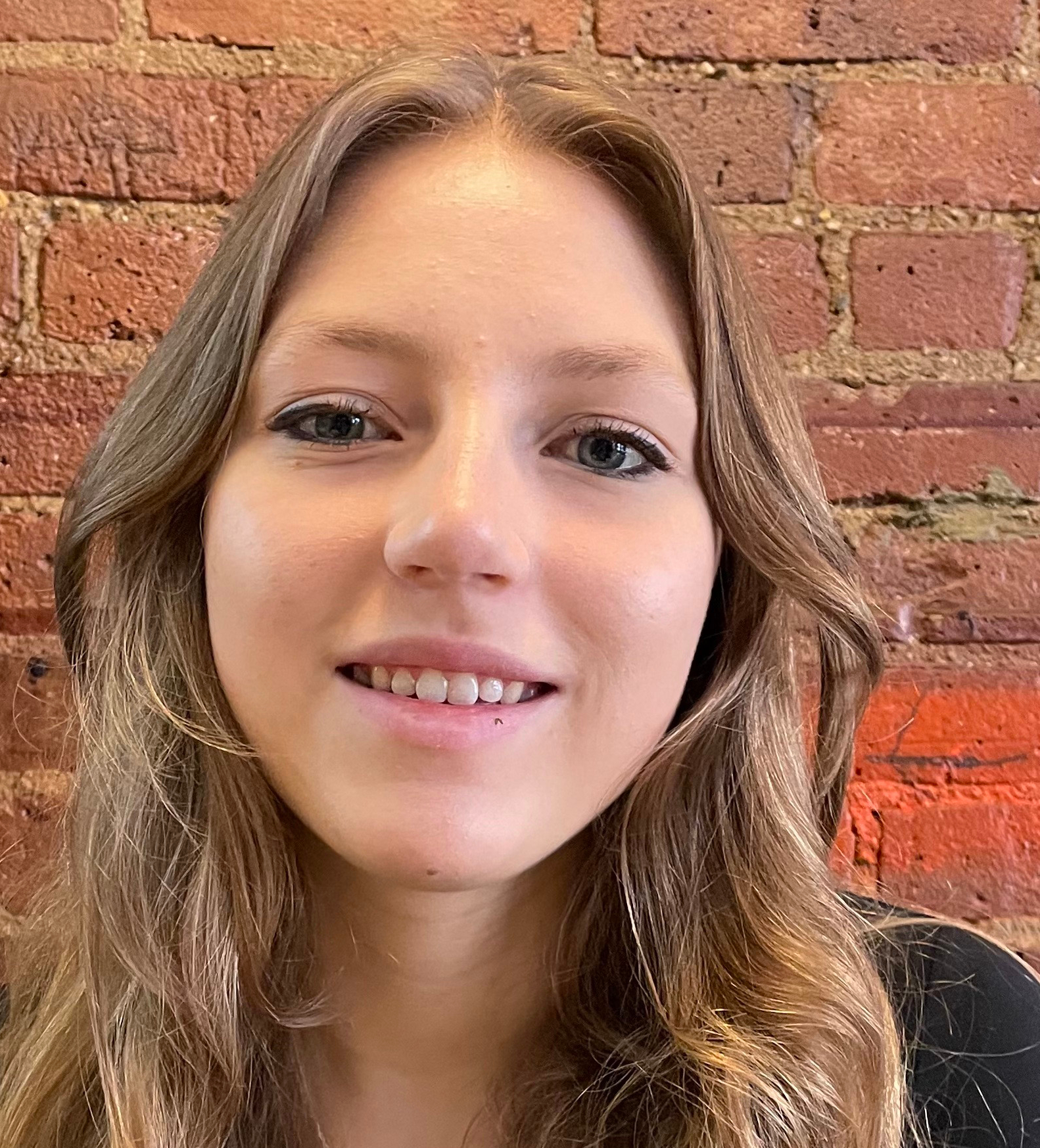We want to connect you to Congress!
Congressional Communities is a 501(c)(3) nonprofit, nonpartisan civic organization aiming to improve communication with our Congress members. It's our mission to help make Congress members more accessible to every constituent in their district.
The Problem
Right now, the average Congressional District has a population of over 750,000 - with no organization. As a result, most people never have any meaningful contact with their elected Representative, and just get lost in the mix when it comes to trying to reach them.
The Solution
We've organized each of the nation's 435 Congressional Districts into sub-districts of
30,000 to 60,000 people, which we call Congressional Communities, or CCs. What we're doing in
organizing Congressional Districts is leveraging the communities that already exist within them to give
people a meaningful voice in government.
These CCs are small enough that people can actually meet face-to-face with their neighbors to discuss
national and local issues, yet large enough with their thousands of voters that members of Congress would
be wise to engage with them frequently.
CCs provide a way to build a network of informed local residents who can tap into the extensive interests,
knowledge and expertise of the nation's individuals, ensuring a broad spectrum of thought on a wide array
of issues.
We're not trying to build a direct
democracy here. What we're trying to build is a nation of well-informed people and an organization
to improve representative democracy.
Before & After


Congressional Districts Without CCs
The CC Model
- Each CC can identify the issues most important to it
- Members of Congress will have a better understanding of the similarities and differences within the district
- Communities will be able to measure Congress members' ability to provide help to their CC
In Short
We are not changing Congressional district lines or adding more districts. We are not looking to create a direct democracy. What we are doing is improving our nation's existing model for representative democracy by organizing ever-growing Congressional district populations into smaller, more manageable Congressional Communities.
Mission Statement
Congressional Communities empowers folks to connect and influence their Congress members. We've sliced big districts into bite-sized areas. It's all about locals uniting to tackle crucial issues head-on.
Vision Statement
We are striving to build a nation where folks are regularly asked what they think about the issues, and Congress acts accordingly.
Who We Are / Board Member Information
We see a time in the near future, when – no matter what problem our country is facing – in every community, in every district, in every state in the Union, people will be able to tap into a network of well-informed, peaceful citizens who can consistently come up with solutions – solutions that will have the core support of millions of voters who will command the attention of Congress. That's the America we're building.
Meet Our Team

Dan Carracino
National Coordinator, Founder
Mr. Carracino is the founder of Congressional Communities. After success as a business owner and as a documentary filmmaker (Bill W.), he has turned his attention towards creating a flexible, community-oriented structure to provide the average American – and the communities they live in – a more effective way to have their voices heard by Congress.

Jamie McCaa
Researcher, Writer
Ms. McCaa has a B.A. in Sociology and Asian American Studies from U.C. Davis. Her research- based writing helps Congressional Communities share important information about government with the public in a way that recognizes that people interpret events and information differently.
Marely Vega
GIS specialist
Ms. Vega has a B.A. in Economics from the University of California, Riverside. Marely conducts geospatial analysis to generate population profiles of the demographic, socioeconomic, housing data and other attributes to provide insights into the unique makeup of each Congressional Community.
Meet Our Board

Paul McPartlands
Board Secretary
Paul McPartland, a graduate of Boston College Law School, has spent his career in public service with the Massachusetts Department of Housing and Community Development, the largest state-funded public-housing program in the country.

Kevin Hanlon
Board Treasurer
Kevin Hanlon is an independent documentary filmmaker and writer with an extensive background in creating message-driven video content across multiple platforms, including social media.

Sophia Lander
Board Member
Sophia Lander is one the earliest members of Congressional Communities and was a participant in the most recent Yale Young Global Scholars Program at Yale University.
